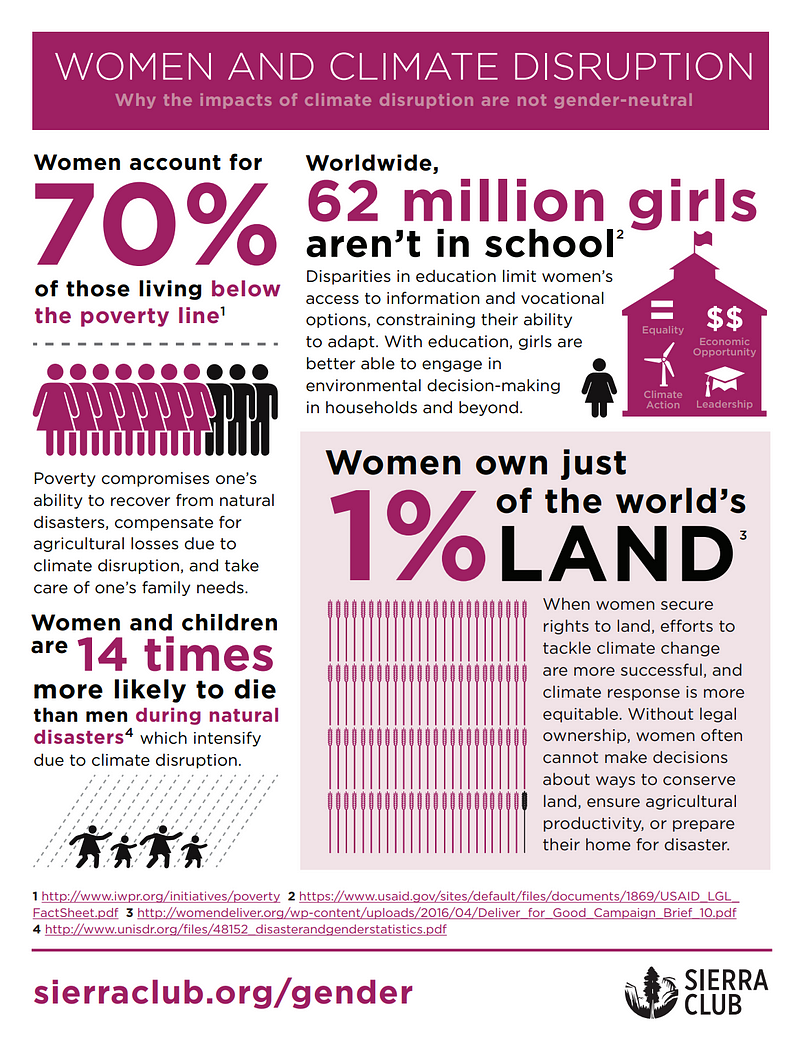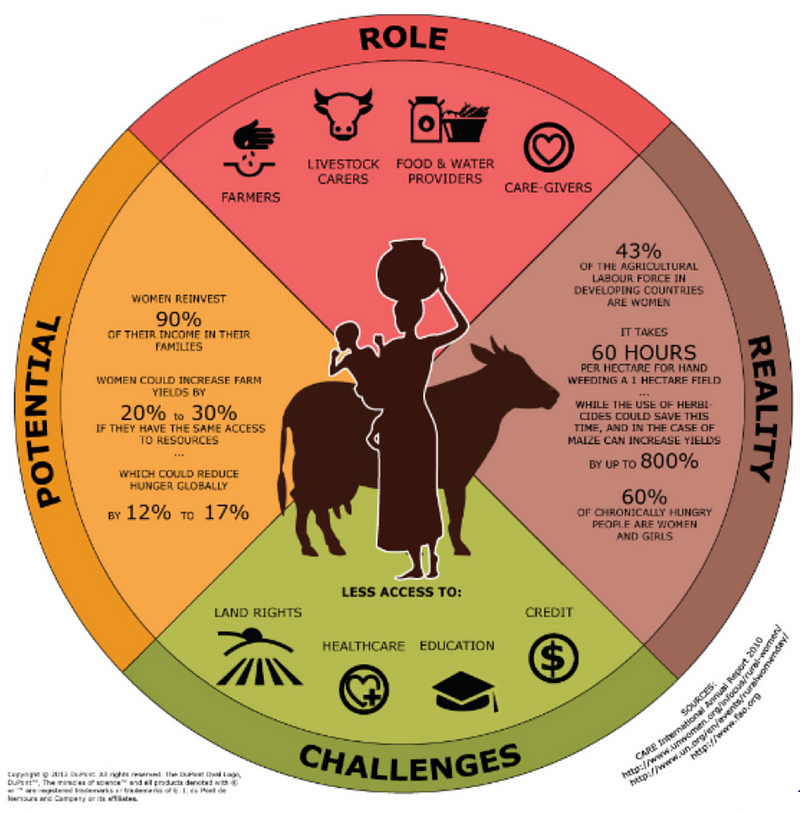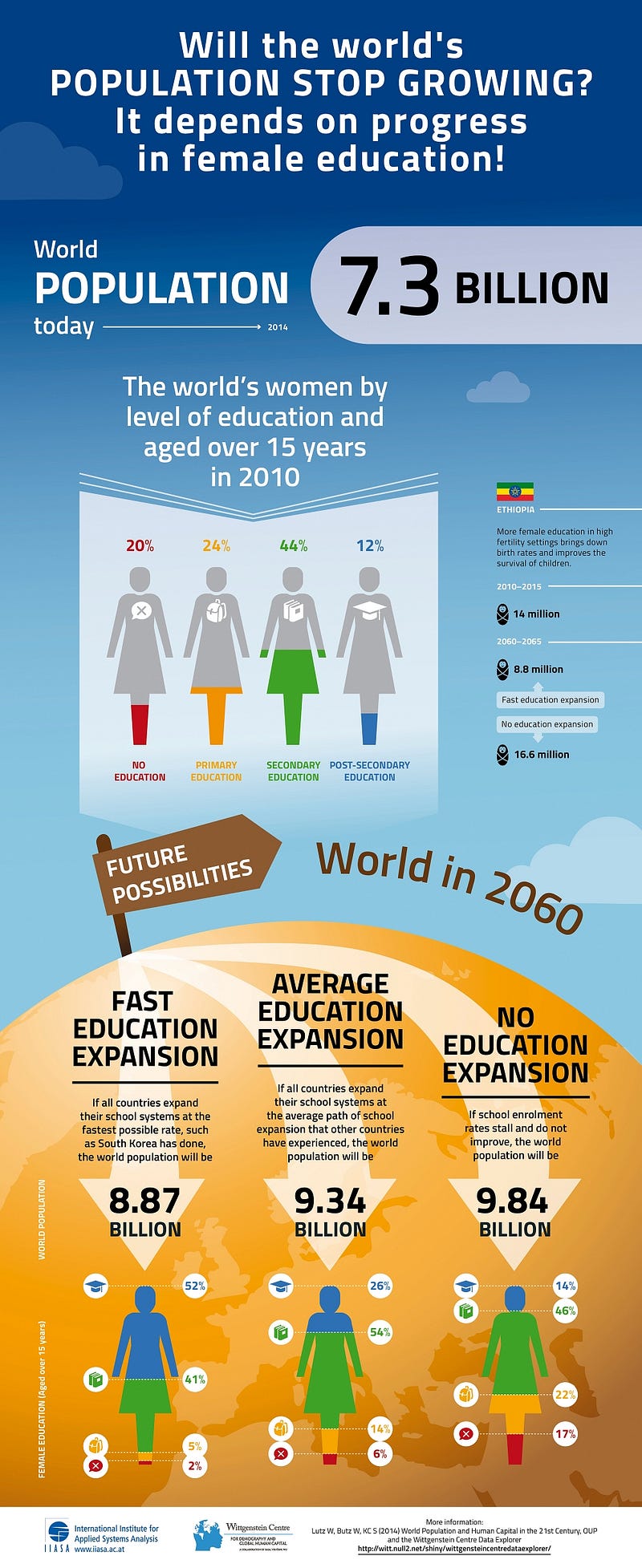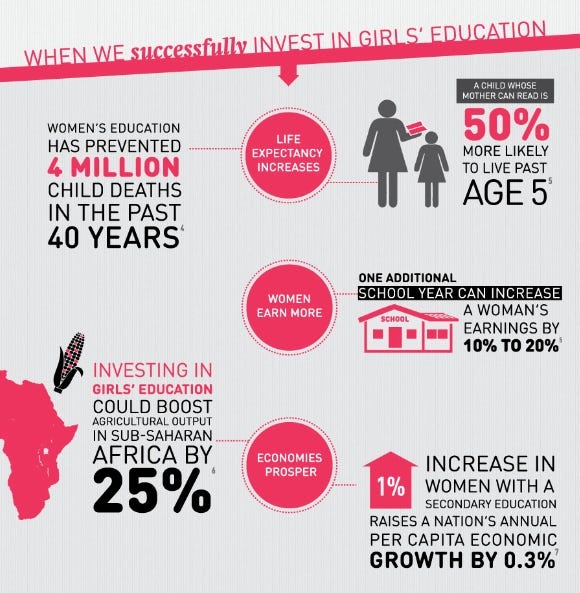Our Favorite Women and Sustainability Infographics
Without a doubt, one of the greatest challenges the planet faces today is climate change. Africa is particularly vulnerable to the effects of climate change.
According to the United Nations: “ Global warming of 2˚C would put over 50 percent of the continent’s population at risk of undernourishment. Projections estimate that climate change will lead to an equivalent of 2 percent to 4 percent annual loss in GDP in the region by 2040.”
The human impact of this would be staggering. At Akilah, we educate Africa’s female leaders to solve the world’s most pressing problems, through a lens of sustainability and opportunity. Our institution is one of many playing the important role of increasing access to quality educations at all levels, in line with the UN’s Sustainable Development Goal number 4.

Here are four of our favorite infographics outlining the important role women have to play in ensuring the sustainability of our planet, and why educating and empowering women is so important.
Reason #1: Climate change is not gender neutral
Infographic by the Sierra Club
Women are disproportionally impacted by climate change. Climate change hits the poorest people in society the hardest, and generations of inequality mean women make up the bulk of those living below the poverty line. Exclusion from education and land ownership mean women are also less empowered to make a difference to change this reality.

Reason #2: Educated women lead to better food security
Infographic by the UN Food and Agriculture Organization
Throughout the world, women take the leading role in agriculture and food provision, as well as caregiving. When given better access to education, women have better chances of land ownership, and better access to resources, women can potentially reduce world hunger by between 12% and 17%.

Reason #3: Access to education decreases population growth
Infographic by the Wittgenstein Centre
One of the biggest contributors to climate change and global warming is rapid population growth. Research indicates that more educated women marry later and have fewer children. Achieving fast education expansion at all levels to women can result in one billion fewer people on the planet by 2060.

Reason #4: Investing in women brings other benefits too
Infographic byGlobal Partnership for Education
Better access to education for women across Africa and the developing world also has a range of other positive net effects, leading to more sustainable societies.

